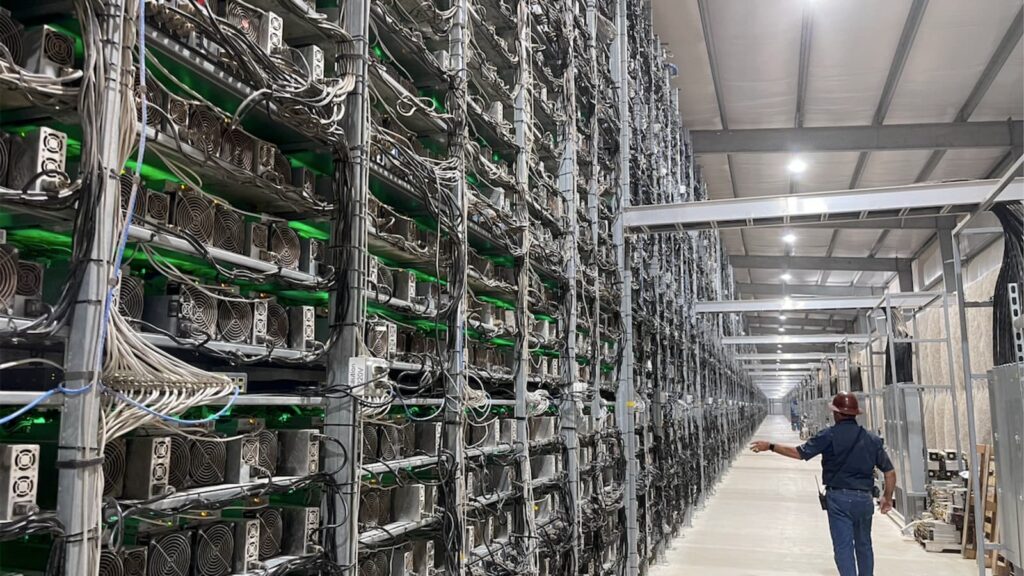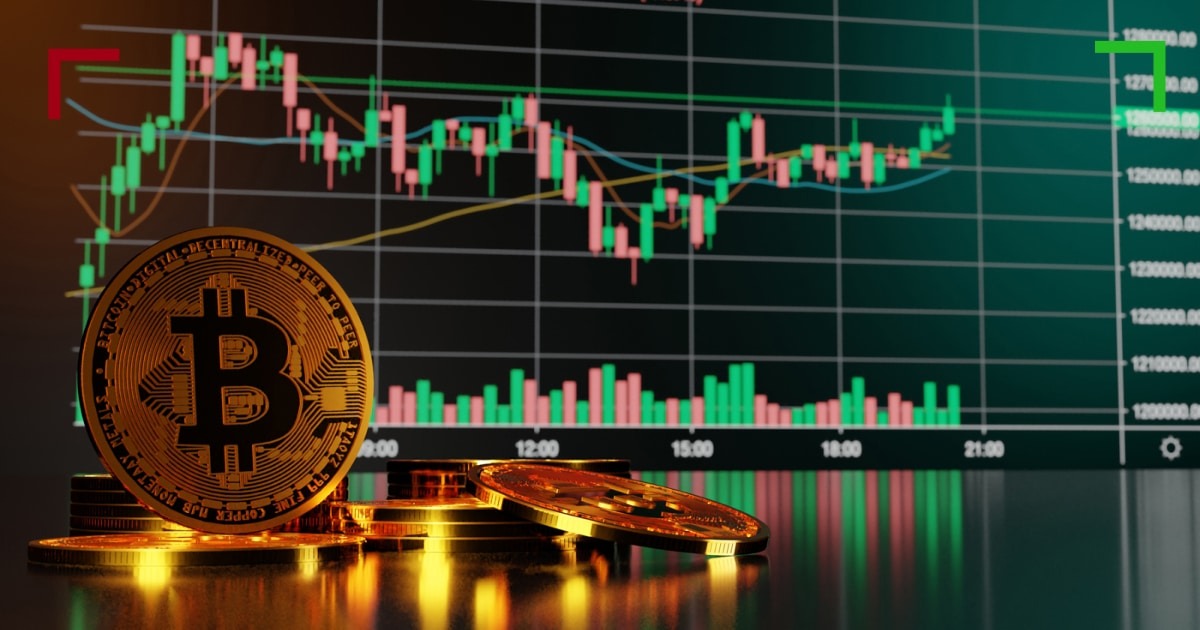Introduction
- Definition and Importance of Market Hours: Market hours refer to the specific times during which stock exchanges and other financial markets are open for trading. These hours are crucial for investors and traders as they determine when orders can be placed and executed, influencing liquidity and price movements.
- Overview of Global Trading Sessions: Global trading sessions are divided into three main periods: the Asian session, the European session, and the American session. These sessions reflect the active trading periods in major financial markets around the world.
Major Stock Exchanges and Their Hours
- New York Stock Exchange (NYSE):
- Trading Hours: 9:30 AM to 4:00 PM Eastern Time (ET)
- Pre-Market Hours: 4:00 AM to 9:30 AM ET
- After-Hours Trading: 4:00 PM to 8:00 PM ET
- London Stock Exchange (LSE):
- Trading Hours: 8:00 AM to 4:30 PM Greenwich Mean Time (GMT)
- Pre-Market and After-Hours Trading: Not widely available for all securities
- Tokyo Stock Exchange (TSE):
- Trading Hours: 9:00 AM to 3:00 PM Japan Standard Time (JST), with a lunch break from 11:30 AM to 12:30 PM JST
- Others (Hong Kong, Frankfurt, etc.):
- Hong Kong Stock Exchange (HKEX): 9:30 AM to 4:00 PM Hong Kong Time (HKT), with a lunch break from 12:00 PM to 1:00 PM HKT
- Frankfurt Stock Exchange (FWB): 9:00 AM to 5:30 PM Central European Time (CET)
Trading Hours and Time Zones

- Time Zone Differences: Financial markets operate across various time zones, making it essential for traders to be aware of these differences to effectively manage their trading strategies.
- Overlapping Trading Sessions: The overlap between different market sessions, such as the London-New York overlap, typically sees increased trading volume and liquidity.
Impact of Market Hours on Trading
- Liquidity Variation Throughout the Day: Liquidity varies during different times of the trading day, often peaking during the opening and closing hours of major markets and during session overlaps.
- Volatility Patterns: Market hours can influence volatility, with higher volatility often observed at market open and close, as well as during major economic announcements.
Extended Trading Hours
- Pre-Market and After-Hours Trading: Extended trading hours allow investors to trade outside of the standard market hours, providing opportunities to react to news and events that occur outside regular trading sessions.
- Pros and Cons for Investors:
- Pros: Additional trading opportunities, ability to react to news, potential for capturing more significant price movements.
- Cons: Lower liquidity, wider spreads, increased volatility, and potential for higher trading costs.
Strategies for Trading Across Time Zones
- Best Practices for Global Investors: Utilize a global economic calendar, understand the impact of major news events, and adjust trading strategies based on the active sessions.
- Tools and Resources: Trading platforms with global market access, economic calendars, time zone converters, and tools for monitoring market news and events.
Technological Advancements in Trading Hours
- Algorithmic Trading Impact: Algorithms can execute trades at any time, providing liquidity and price efficiency, especially during less active market hours.
- High-Frequency Trading (HFT): HFT strategies often thrive on market inefficiencies and can significantly influence market dynamics during different trading sessions.
Regulatory Framework for Trading Hours
- Regulatory Bodies and Their Role: Entities like the SEC (Securities and Exchange Commission) in the US and the FCA (Financial Conduct Authority) in the UK oversee market operations, including trading hours.
- Market Rules and Compliance: Regulations govern trading practices, market closures during holidays, and rules for pre-market and after-hours trading to ensure market integrity and investor protection.
Market Hours in Forex and Cryptocurrency Markets
- 24/7 Trading vs. Fixed Sessions: Unlike traditional stock markets, Forex and cryptocurrency markets operate 24/7, providing continuous trading opportunities but also requiring around-the-clock monitoring.
- Differences in Trading Dynamics: Continuous trading in Forex and cryptocurrencies leads to unique patterns of liquidity and volatility, often influenced by the opening and closing of major financial centers.
FAQs
- What are market hours and why are they important for traders?
- Market hours define when trading can occur on various exchanges. They are important because they determine liquidity, volatility, and the ability to react to news and events.
- How do different time zones affect global trading sessions?
- Time zones impact when markets are open or closed, affecting liquidity and trading opportunities. Overlaps between time zones can increase market activity.
- What are extended trading hours and should I participate in them?
- Extended trading hours include pre-market and after-hours sessions. Participation depends on your trading strategy, risk tolerance, and need to react to off-hours news.
Conclusion
- Summary of Market Hours’ Impact: Understanding market hours is crucial for effective trading, influencing liquidity, volatility, and the ability to respond to market-moving events.
- Considerations for Traders and Investors: Traders should consider their time zone, market overlap periods, and the advantages and risks of extended trading hours when planning their strategies. Proper tools and knowledge of regulatory frameworks are essential for successful trading across different market sessions.
